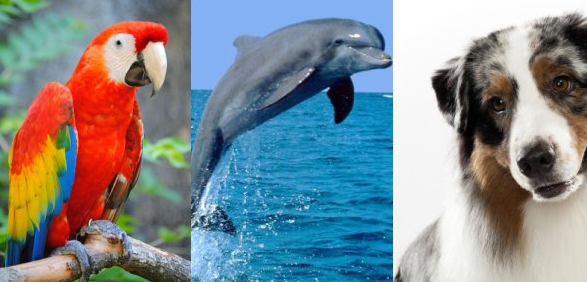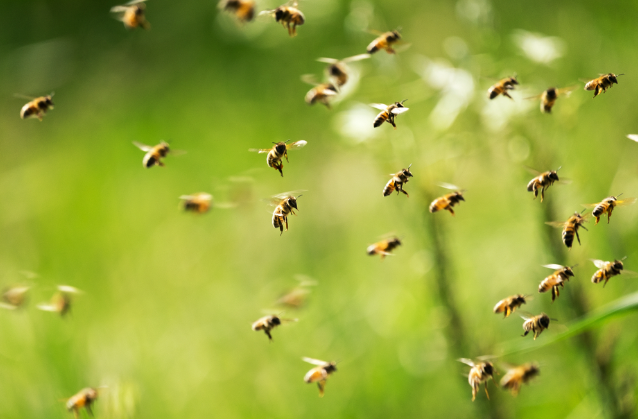Animals with Shortest Memory: Exploring the Fascinating World of Memory Abilities
Memory is a fascinating aspect of cognitive function that varies across different species. In this article, we will delve into the realm of animal cognition and explore the animals with the shortest memory. Understanding the memory capabilities of various animals can shed light on their behavior, survival strategies, and overall cognitive abilities. Let's embark on this intriguing journey and uncover some remarkable facts about the memory capacity of different animal species.

Animals has memory possess exceptional memory capacities
I. Understanding Animal Memory:
Before we discuss animals with the shortest memory, let's briefly explore the different types of memory observed in animals.
These include short-term memory, long-term memory, working memory, and episodic memory.
Each type plays a crucial role in an animal's ability to learn, remember, and adapt to their environment.
II. Animals with Short Memory Spans:
While many animals possess remarkable memory abilities, some species are known for their relatively shorter memory spans. Let's take a closer look at a few of them:
A. Goldfish: Goldfish are often associated with having short memory spans. However, recent research suggests that their memory capabilities might be better than commonly believed. Studies have shown that goldfish can remember associations between events and have the ability to retain information for at least a few months.
B. Fruit Flies: Fruit flies have a lifespan of a few weeks and are known for their short memory. They possess a limited capacity to remember specific odors or experiences for a short duration.
C. Bees: Bees have a relatively short memory span, particularly when it comes to retaining information about flower locations. They rely on intricate communication systems and environmental cues rather than long-term memory for navigation.
D. Ants: Ants exhibit complex social behavior and are adept at navigating their environment. However, their memory spans are relatively short, and they rely heavily on pheromone trails and collective intelligence for navigation and communication.
III. Animals with Remarkable Memory Abilities:
While some animals have short memory spans, others possess exceptional memory capabilities. It's interesting to explore the contrast between species with short and long memory spans. Let's highlight a few examples:
A. Elephants: Elephants are renowned for their impressive long-term memory. They have the ability to remember individuals, migration routes, and locations of resources over several years.
B. Dolphins: Dolphins are highly intelligent marine mammals known for their sophisticated cognitive abilities. They have excellent long-term memory and can remember specific individuals, vocalizations, and learned behaviors.
C. Chimpanzees: Chimpanzees, our closest living relatives, have remarkable memory skills. They can remember and recall the location of food sources, use tools, and learn complex tasks through observation and imitation.
IV. Factors Influencing Animal Memory:
A. Brain Size and Complexity: There is a general correlation between brain size and memory capacity in animals. Species with larger and more complex brains tend to have better memory capabilities.
B. Ecological Factors: The ecological niche and survival strategies of animals also influence their memory abilities. Animals that rely on complex spatial navigation, such as migratory birds, often have enhanced memory for geographical locations.

The bees have a relatively short memory span
The memory abilities of animals are diverse and fascinating. While some species have shorter memory spans and rely on other cognitive strategies for survival, others possess exceptional memory capacities that enable them to navigate their environments, recognize individuals, and learn complex behaviors. By exploring the memory capabilities of different animal species, we gain valuable insights into their cognitive processes and the diverse strategies they employ to adapt and thrive in their respective ecosystems.